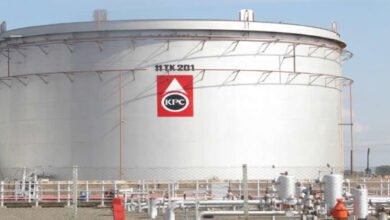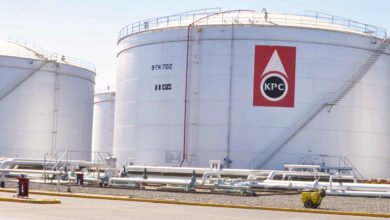
Nairobi Securities Exchange (NSE) expects the removal of a cap on commercial lending rates to spur stocks trading, lifting valuations and attracting new listings, Chief Executive Geoffrey Odundo said on Monday.
The government removed the cap last November, fueling a rally in bank shares that helped the market finish the year as one of the best performers on the continent.
“Banks are now free to lend at the rates they desire and so investors are likely to look at equity as an alternative to raise capital to run their businesses,” Odundo told Reuters in an interview.
Investors would potentially shift from fixed-income into stocks, boosting valuations and prospects for new listings, he said.
Like other frontier markets, the Nairobi bourse was buffeted by the impact of a trade war between the United States and China.
Valuations dropped to historically low levels, with price to earnings ratios falling below 10, but they have since recovered to just above 10 due to the rally in bank shares.
The exchange – an entry point for foreign investors seeking exposure to east Africa’s fast-growing economies, and the continent’s fifth-biggest overall – has seen the number of companies it lists remain at about 65 for many years. Those companies are currently worth a combined 2.5 trillion shillings ($24.6 billion).
It launched an incubator programme in December 2018 to prepare young firms for eventual listing or bond issuance.
The scheme is working well, Odundo said, with 24 companies from the entertainment, media, travel, beverages and even steel manufacturing sectors admitted onto the platform, called ibuka.
The NSE partnered with the Shenzhen stock exchange in china last year, allowing five Kenyan firms on ibuka to pitch Chinese investors for capital through Shenzhen’s v-next connect platform, Odundo said.
A derivatives market, which the NSE launched last July, was also off to a promising start, Odundo said, having traded 390 contracts worth more than Ksh25 million so far.
The NSE, which issued a profit warning for last year, expects an improved performance this year, mainly due to new products, including its first green bond, and an investment of 200 million shillings in trading infrastructure





